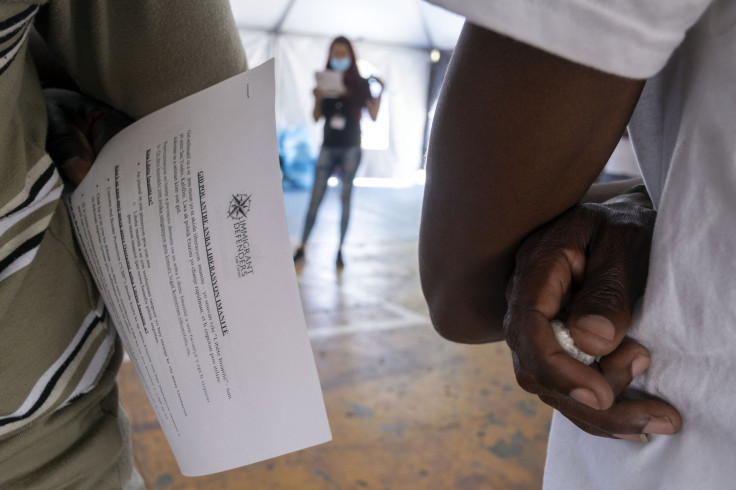
President-elect Donald Trump's ambitious plan to carry out the most significant mass deportation in the country's history is already facing scrutiny over its feasibility from a logistic point of view. Immigration experts and legal analysts warn that the initiative could overwhelm the already-strained immigration court system.
This could add to the court's already staggering 3.7 million case backlog, lasting decades and costing taxpayers hundreds of billions of dollars.
The challenge of execution
Deporting millions of undocumented immigrants requires identifying, detaining, and processing individuals through an immigration system already struggling. The judicial bottleneck, experts say, is only a tiny piece of the logistical puzzle.
"Immigration courts are at capacity now, and adding millions of new cases could grind the system to a halt," said to Axios Jaclyn Kelley-Widmer, an immigration law scholar at Cornell Law School.
Data from the Transactional Records Access Clearinghouse (TRAC) at Syracuse University shows that immigration courts closed 900,000 cases in the last fiscal year, a record pace.
However, clearing the existing backlog would take at least four more years, even at that rate. Experts agree that Trump's plan to deport an estimated 11 million undocumented immigrants could extend that timeline to 2040.
The backlog includes 1.6 million asylum seekers awaiting hearings, many of whom face life-threatening circumstances in their home countries. Adding millions of deportation cases to the docket would drastically slow the adjudication process, leaving individuals in legal limbo for years.

Financial and Structural Challenges
Executing a plan of this scale comes with a hefty price tag. Experts estimate the cost could range from $150 billion to $350 billion, covering expenses such as detention facilities, legal processing, and monitoring systems for those awaiting court dates. Additionally, the Trump administration would need to significantly increase the number of immigration judges, a process requiring Congressional approval and substantial funding.
Tom Homan, Trump's newly appointed border czar, has defended the plan, stating that it will prioritize deporting individuals deemed national security or public safety threats. "We know a record number of people on the terrorist watch list have crossed this border," Homan said during a recent interview. "The president is right to make these threats the priority."
Legal Hurdles
Trump's team has floated invoking the Alien Enemies Act of 1798, a rarely used law allowing for the removal of immigrants during times of war. However, experts argue the law is inapplicable unless the U.S. declares war on a foreign entity, which would be unprecedented.
"Even attempting to use this law would face significant court challenges," said Katherine Yon Ebright, the Brennan Center's Liberty and National Security Program counsel. "It could lead to detaining lawful immigrants and their U.S.-born children, raising serious constitutional concerns."
Legal battles would also likely arise over due process rights. Immigration courts afford individuals a legal pathway to contest their deportation, a protection Trump's plan may seek to limit. Efforts to curtail these rights would face resistance from Democrats and moderate Republicans in Congress.
Trump's proposal to rescind Temporary Protected Status (TPS) for 1.2 million immigrants and the DACA protections adds another layer of complexity. Many TPS recipients have lived in the U.S. for decades, contributing to the workforce and raising families. Stripping them of legal protections would not only flood the immigration system with new cases but could also destabilize communities across the country.
© 2024 Latin Times. All rights reserved. Do not reproduce without permission.









